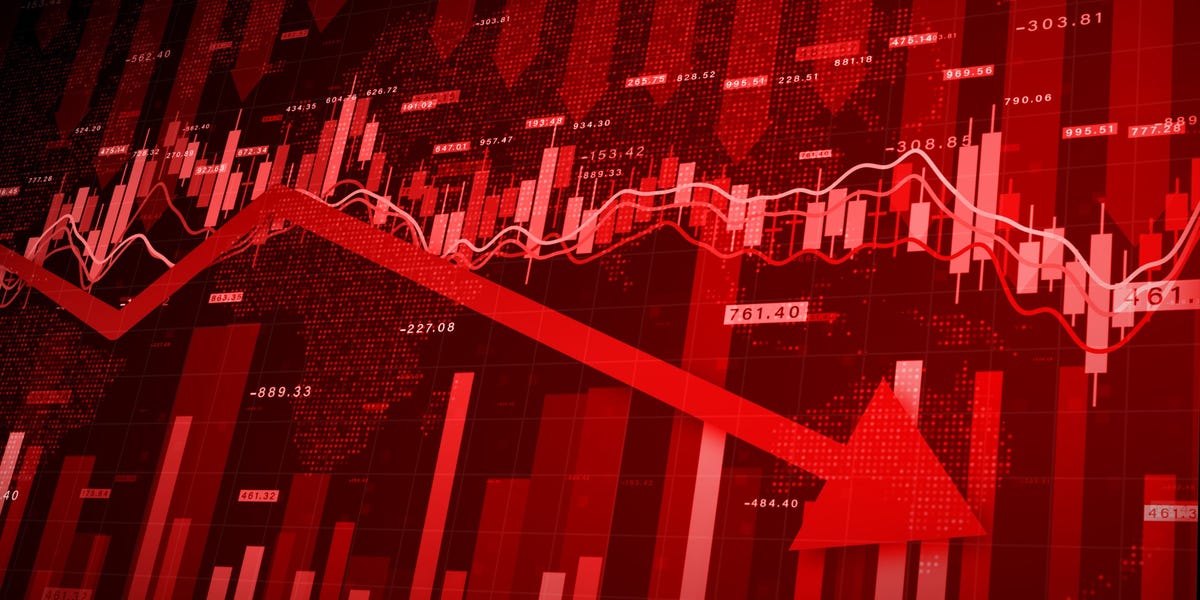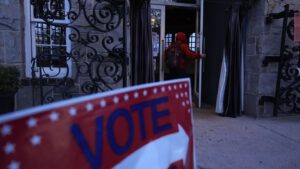Don’t get your hopes up for a soft landing of the US economy, because according to the American Enterprise Institute’s Michael R. Strain, there is still a big risk the economy takes a nosedive.
“The economic outlook is unusually murky, with different sets of indicators telling different stories,” Strain wrote for Project Syndicate on Monday. “Some signs point to the economy being on the verge of cooling rather than running hot. But those indicators also suggest that a hard landing — a recession — is more likely than a soft landing.”
While some signals have been flashing the possibility of the economy re-accelerating, there are also cracks in the edifice that point to a slowdown. Strain pointed to new orders of capital goods, like machinery and raw materials, which have slowed down. That poses a bleak outlook for business investment and GDP growth.
There’s also consumer spending, a major engine of the US economy, that is beginning to wobble. Retail sales fell in January, down 0.8% from the month before. And credit card delinquencies are on the rise. One top economist, David Rosenberg, has said we already have a “super-duper” credit bubble on our hands.
But a big red flag is consumer sentiment that’s in recessionary territory, Strain wrote.
“Sentiment is important, because recessions are ultimately caused by a loss of confidence in the future,” he said. “Consumers who are worried about their near-term finances limit their spending. A recessionary psychology takes hold, which leads businesses to cancel vacancies and lay off workers, which in turn further reduces demand.”
So while a soft landing is less likely than a “no landing” scenario or a mild contraction, it’s important to note that a mild downturn could easily metastasize into a big one.
“If a recessionary mindset takes hold, the economy may contract rapidly, because no business wants to be the last to take a conservative posture on spending and headcount,” Strain said.
A soft landing is not completely off the table. The Fed could steer the US away from a recession without reheating the economy — but that’s if elevated interest rates can tamp down the number of job vacancies in the labor market without destroying actual jobs, he said.


